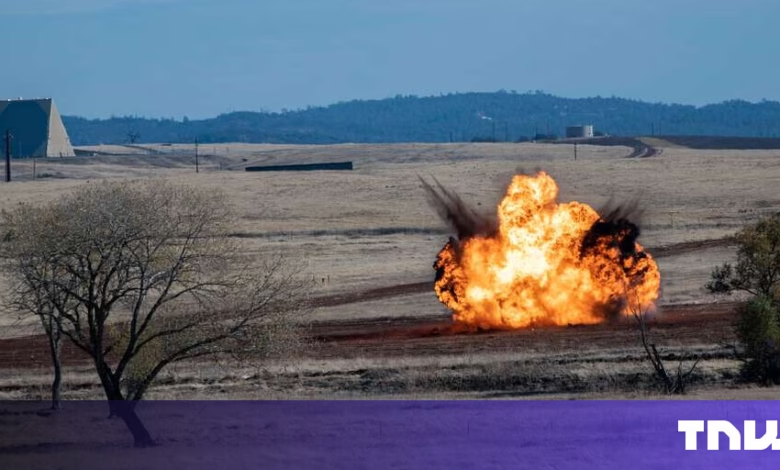Sweden Opens First TNT Factory Since Cold War for Modern Warfare

▼ Summary
– A Swedish startup, Swebal, is building Sweden’s first TNT factory since the Cold War, with a €3mn investment to start full operations by late 2027.
– The factory, located in Nora, will produce over 4,000 tonnes of TNT annually to address Europe’s ammunition production gaps and enhance defence resilience.
– Investors include EQT co-founder Thomas von Koch, entrepreneur Pär Svärdson, and former Swedish army chief Major General Karl Engelbrektson.
– Europe currently produces only 6,000 tonnes of TNT yearly, far below Russia’s estimated 50,000-tonne capacity, highlighting the need for increased local production.
– Swebal’s project requires further Swedish regulatory approvals, but the recent investment aims to fast-track construction and approvals.
Sweden is set to revive its explosives manufacturing capabilities with the construction of its first TNT production facility since the Cold War era. The move comes as European nations ramp up defense investments amid growing geopolitical tensions.
A Stockholm-based startup called Swebal has secured €3 million in funding to build the factory, which is expected to produce over 4,000 tonnes of TNT annually once fully operational by late 2027. Located in Nora, roughly three hours from the capital, the plant aims to address critical shortages in Europe’s ammunition supply chain.
High-profile backers include Thomas von Koch, co-founder of investment firm EQT, Pär Svärdson, a serial entrepreneur behind major Swedish tech companies, and Major General Karl Engelbrektson, Sweden’s former army chief. Their involvement underscores the strategic importance of domestic explosives production for national security.
Joakim Sjöblom, Swebal’s founder, emphasized that the funding will accelerate regulatory approvals and construction. “This investment brings us closer to breaking ground and fulfilling our mission, strengthening Europe’s defense resilience by closing gaps in ammunition production,” he said.
TNT, or trinitrotoluene, remains a fundamental component in artillery shells, bombs, and other munitions. Currently, Europe produces only 6,000 tonnes per year, a fraction of Russia’s estimated 50,000-tonne annual capacity. Swebal’s initiative could help reduce reliance on imports while bolstering regional security.
Pär Svärdson highlighted the broader significance of the project. “A strong Swedish defense requires a robust domestic defense industry,” he noted. “Investing in local TNT production isn’t just about security, it’s a strategic move with long-term potential.”
The factory represents a shift toward traditional ammunition manufacturing amid Europe’s growing focus on high-tech defense solutions like drones and AI-powered systems. While Poland’s Nitro-Chem currently dominates Europe’s military-grade TNT market, Swebal’s entry could introduce much-needed competition.
Before construction begins, the project must clear additional regulatory hurdles. However, with strong investor backing and rising demand for defense materials, the company is optimistic about securing approvals swiftly. The revival of TNT production in Sweden marks a significant step in reinforcing Europe’s self-sufficiency in critical military supplies.
(Source: The Next Web)